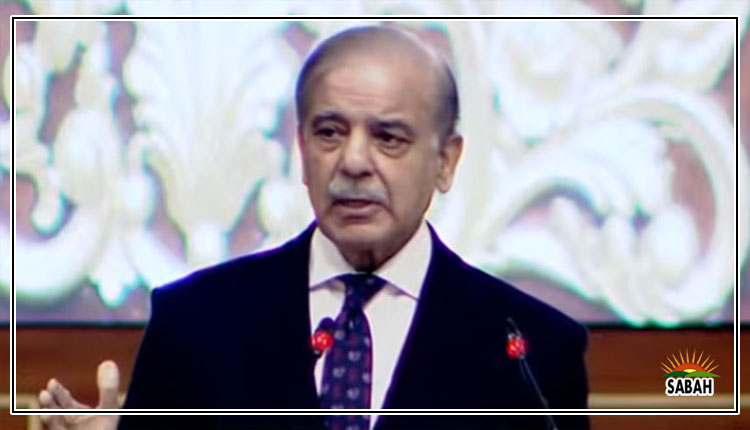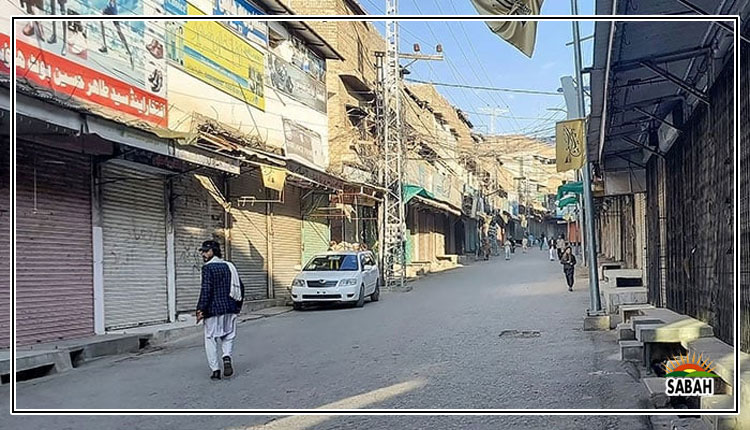Beyond toxicity?…Farhan Bokhari
As the ruling structure clamps down on its opponents following the widespread anarchy of May 9, the future of Pakistan has become surrounded by a deeper crisis.
Images on social media of a relentless crackdown targeting activists loyal to former prime minister Imran Khan paint a broader picture of ongoing events. Beyond Pakistans immediate outlook, Pakistans troubled economy continues to remain riddled with major pitfalls.
Following the recent unrest, many appear to have been caught in the crossfire. In one widely noticed example, a video message from the PTIs Karachi-based Firdous Shamim Naqvi on social media presented a sorry picture of a cancer survivor being sent to jail. He was caught ostensibly for provoking an act of defiance leading to the danger of uncontrolled violence in the city.
Given public information on Naqvis health profile, the case presents a glaring example of the crackdown being stretched too far. To further aggravate conditions, he has been sent to Sukkur jail, which is at a distance of more than 450km from Karachi. Other similar high-profile cases of opposition leaders include Dr Yasmin Rashid and the repeatedly arrested Shireen Mazari.
The sweeping application of the law has dangerous consequences. In the short term, the risk of further polarization of an already divided country must be weighed through a fundamental cost-benefit analysis.
For a government that has failed to stabilize the biggest elephant in the room the economy the ongoing clampdown has become futile at best. Pakistans own sorry history is filled with example after example of political leaders and movements becoming targeted blatantly with force. But like the Japanese mulberry tree in Islamabad the source of recurring spring allergies which refuses to go away in spite of several attempts over many years, politicians and political parties are likely to spring back.
And with the economy surrounded by unprecedented turmoil notably unleashed during the tenure of present Finance Minister Ishaq Dar, the rulers of Pakistan need to squarely focus on their record in relation to tackling bread and butter issues. Whether or not Imran Khan remains on Pakistans political horizon, the future for the economy looks bleak at best. Going forward, the outlook for the future is unlikely to improve unless in tandem with progress on two equally vital fronts.
On the one hand, the road to Pakistans political transition later this year must become clear. For that to happen, the ongoing pursuit of anti-government protesters must immediately give way to a focus on the upcoming political transition. Details such as clarity on an election date and installation of neutral caretaker administrations must become the central pillars of a transition that overcomes widespread uncertainty across Pakistan.
On the other hand, Pakistans open-ended economic challenges must quickly lead towards initiatives over the short, medium and long term to resolve a variety of challenges. The effectively suspended IMF loan programme with Pakistan requires a clarity over exactly what kind of a system of government will lead the country in the coming times.
As for policy initiatives, Pakistan has had no shortage of either identifying the most vital challenges surrounding the economy or their best possible solutions. Broadly, these hinge on the need to reverse a fall in economic growth backed by a growth in exports and creation of the right mix of incentives to attract fresh foreign investment. But meeting these objectives requires a comprehensive set of initiatives, including some politically unpalatable ones, to give a new direction to Pakistans economic future.
For instance, any government will remain hampered in its ability to raise spending on education and healthcare the cornerstones for improving the quality of Pakistans workforce unless backed by the comfort of privatizing loss-making government-owned companies. Improving the quality of Pakistans workforce will be pivotal for attracting world-class investors to step in the Pakistani market, to lead towards production of exportable surpluses.
Similarly, a major overhaul of public finances requires the twin initiatives of a brutal reduction of liabilities through privatization of loss-making companies, and a hard clampdown on the vast community of tax evaders across Pakistan.
The budget surplus so generated must go towards revitalization of key productive sectors notably agriculture and parts of industry to give an overall impetus to Pakistans economic growth. However, these and other initiatives can only succeed if Pakistan ends its overall toxicity that has effectively paralyzed the country today.
Courtesy The News











